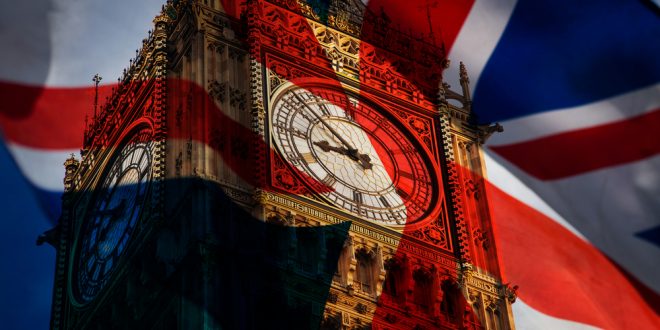In a surprising turn of events, UK inflation defied expectations and remained at 2.0% in June, raising doubts about the Bank of England’s (BoE) plans for an interest rate cut. Economists had predicted a slight decline to 1.9%, but the latest figures released on Wednesday revealed a stubborn persistence of price pressures, particularly in the services sector.
The Office for National Statistics (ONS) reported that services inflation, a key concern for the BoE, remained unchanged at a high 5.7%. This figure, which reflects wage pressures in a tight labor market, has been a focal point for the central bank.
The news prompted a brief surge in the pound against the dollar, as markets reassessed the likelihood of a rate cut in the near future. While a cut would potentially benefit the new government’s economic agenda, the BoE’s primary mandate is to maintain price stability.
Upcoming wage growth data, expected on Thursday, will provide further insights into the inflation outlook. Although a slight slowdown is anticipated, wage growth is still projected to be well above the level compatible with the 2% inflation target.
The BoE’s next interest rate decision is scheduled for August 1st. With markets currently pricing in a roughly 50% chance of a rate cut, the central bank faces a challenging balancing act between supporting economic growth and curbing inflation.
The unexpected persistence of inflation, especially in the services sector, has cast doubt on the BoE’s ability to ease monetary policy in the near term. The central bank’s August decision will be closely scrutinized by markets and policymakers alike, as it could have significant implications for the UK economy and the pound.
 Noor Trends News, Technical Analysis, Educational Tools and Recommendations
Noor Trends News, Technical Analysis, Educational Tools and Recommendations





